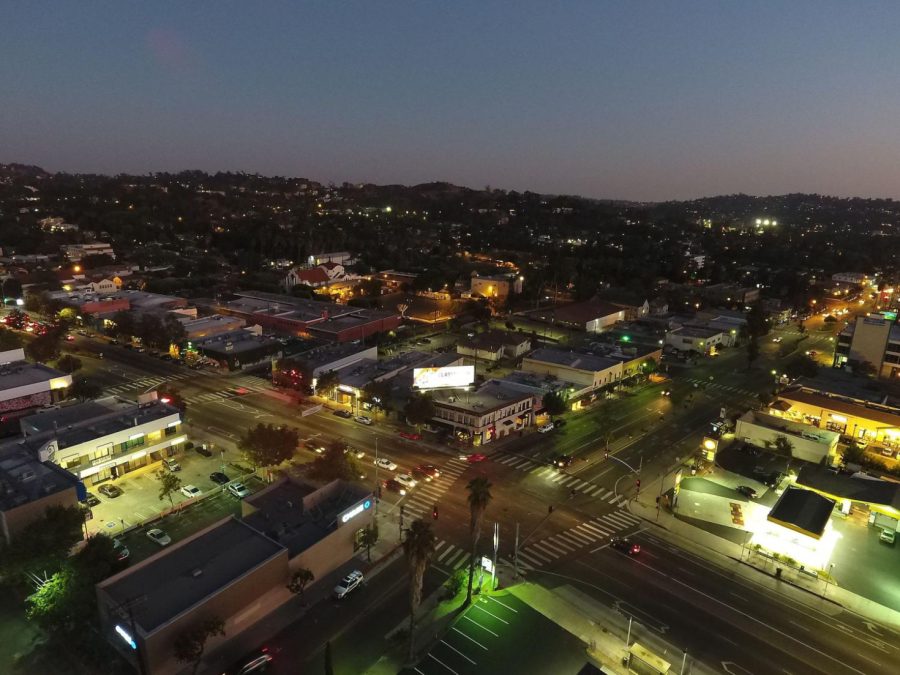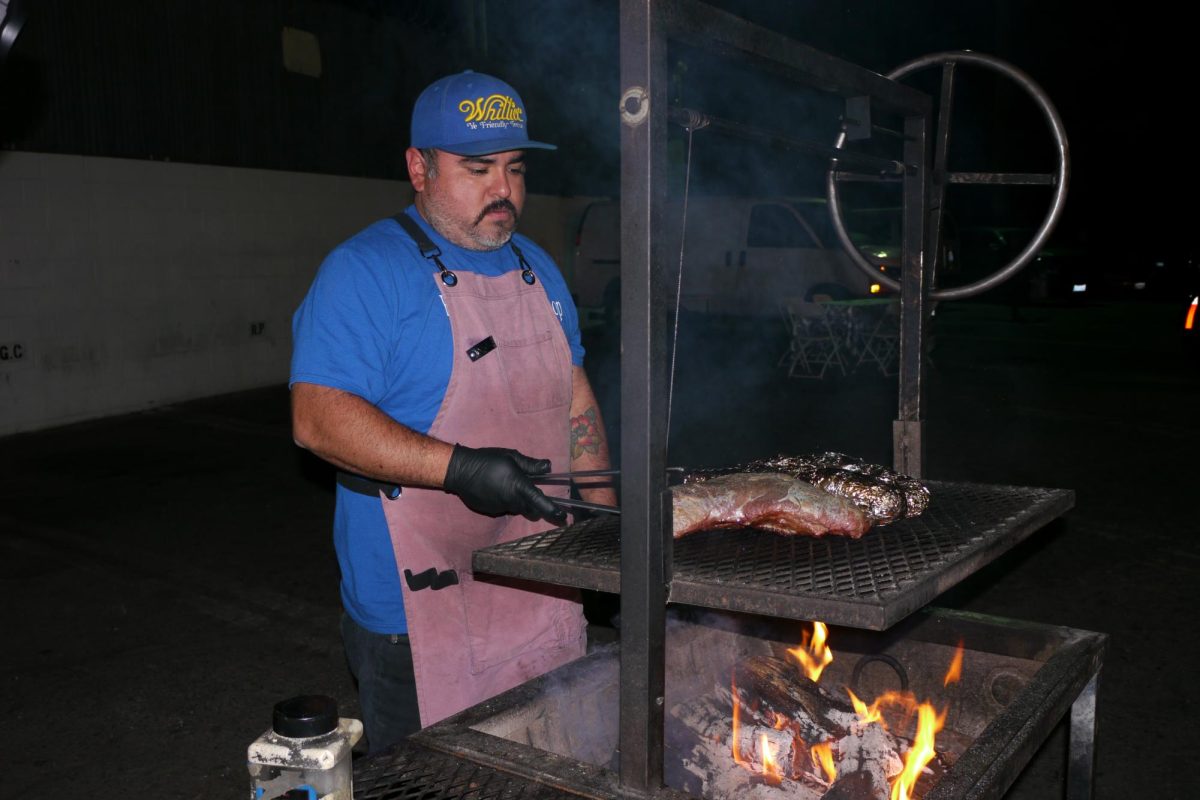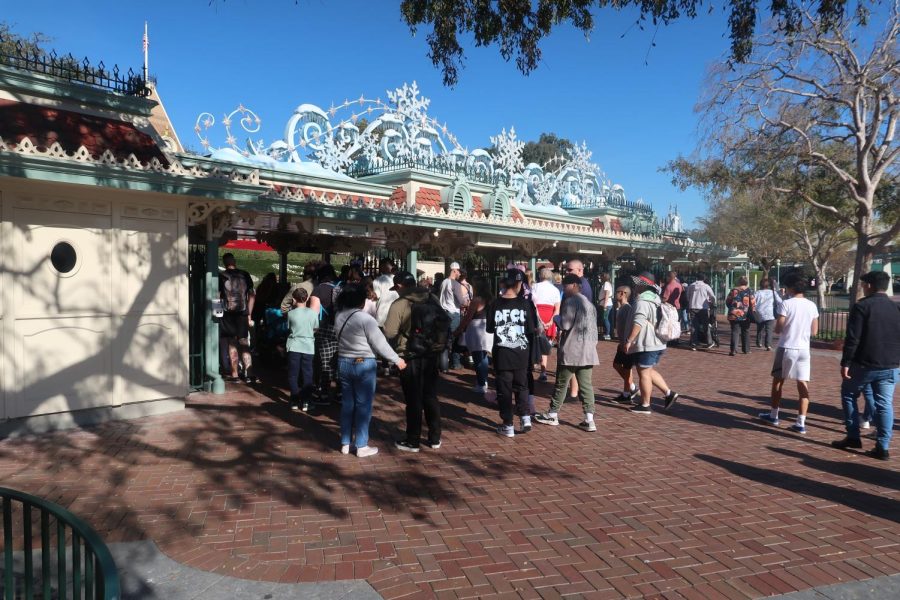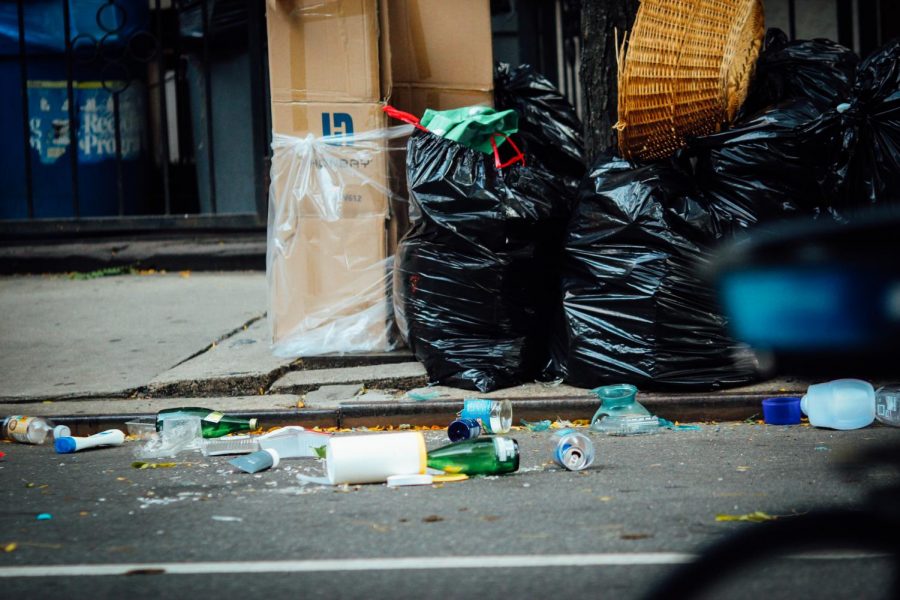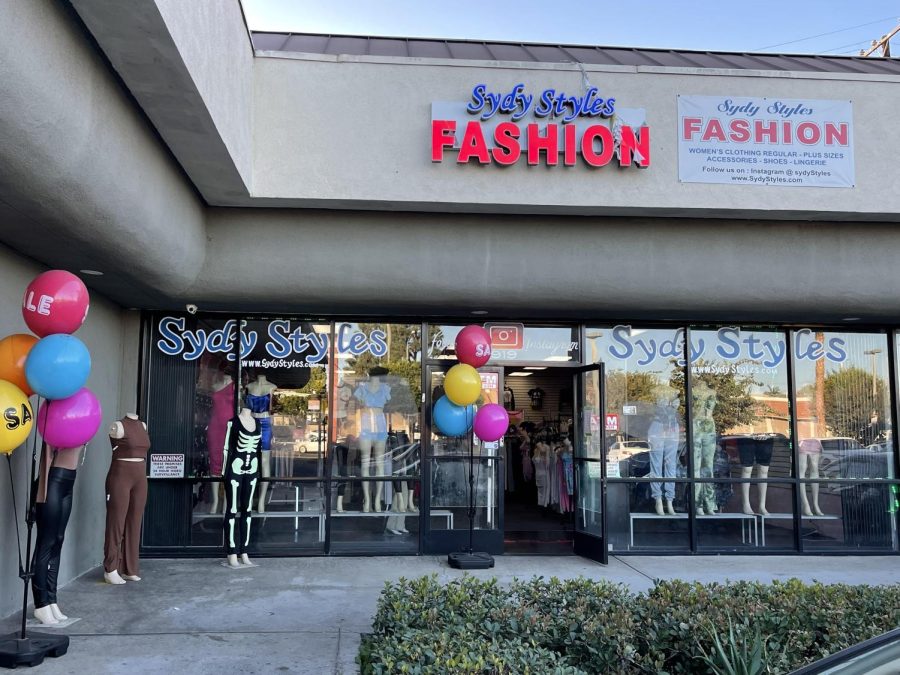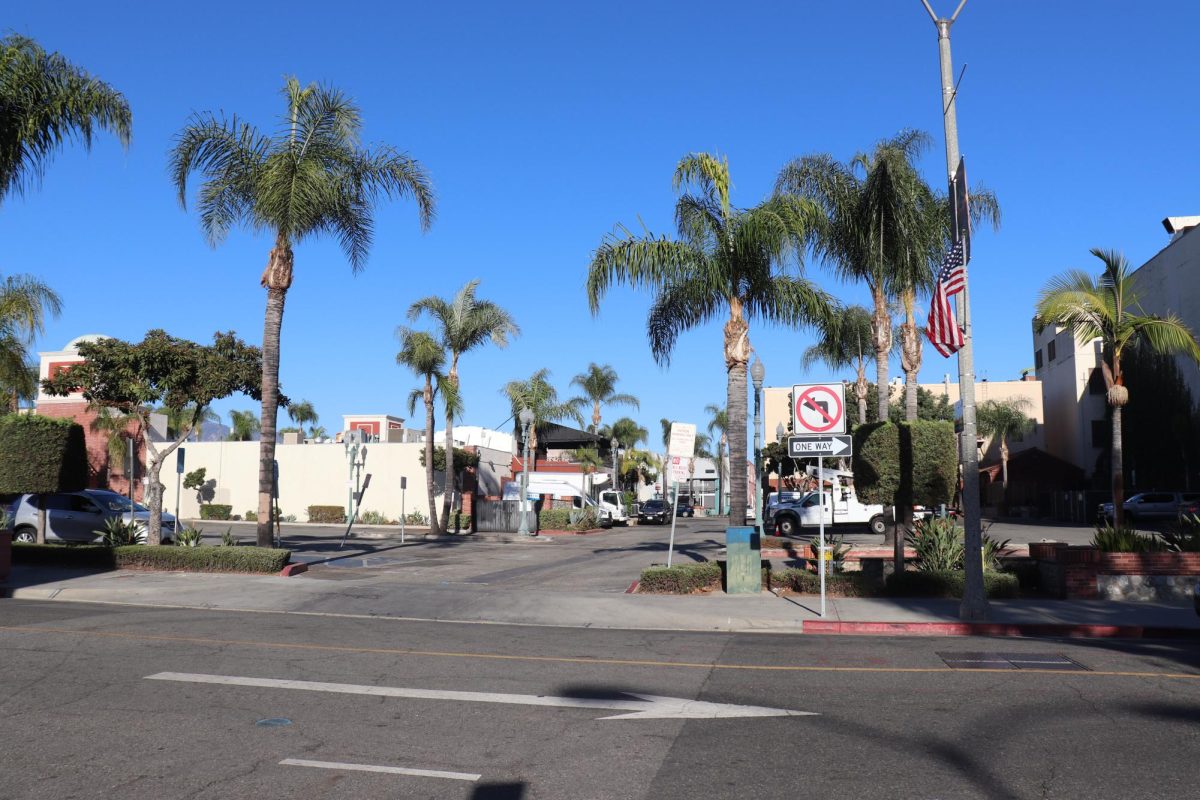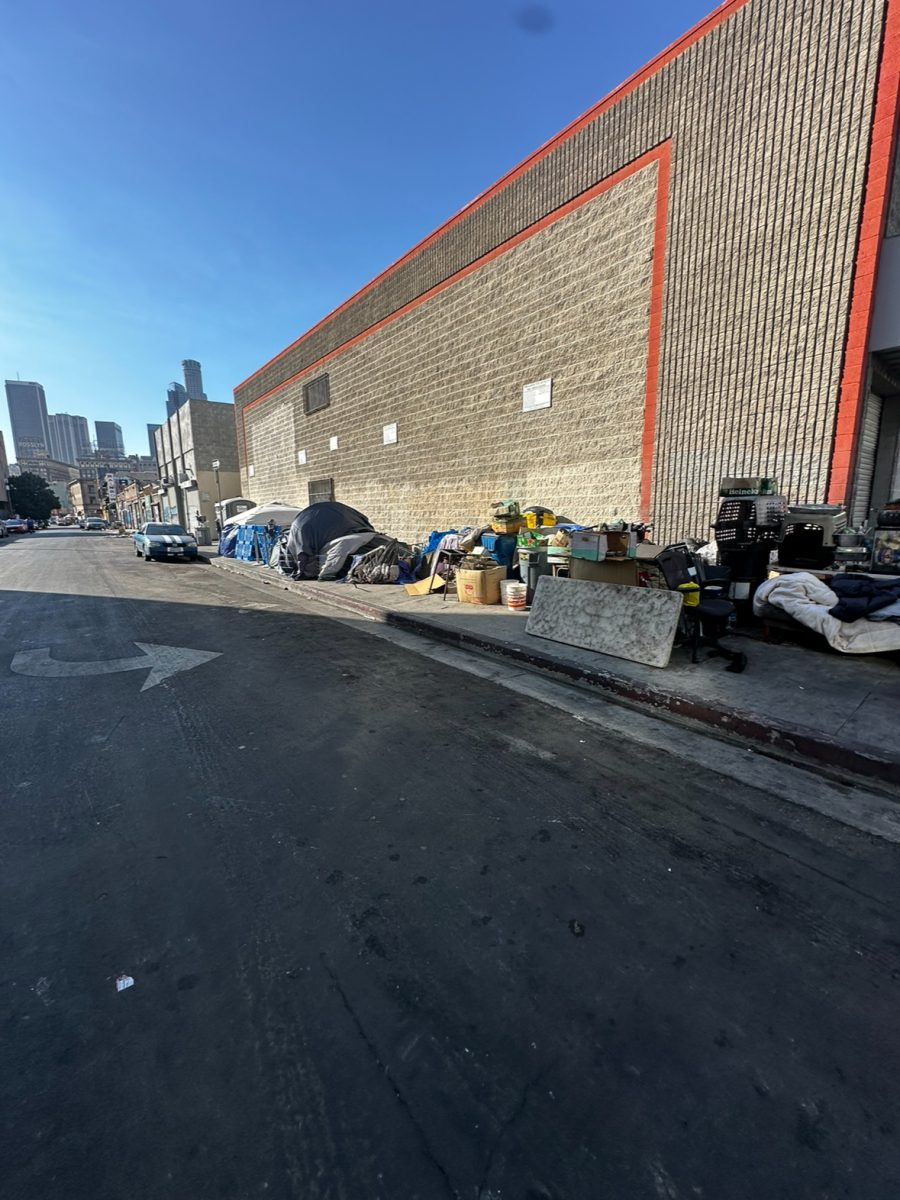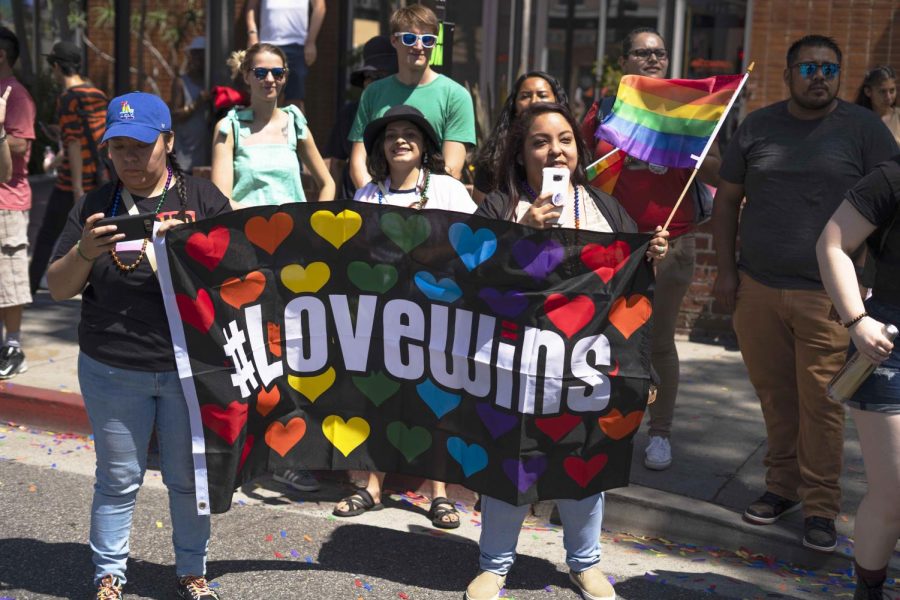Sun-Ah Jin, who has owned ABC Kids toy store in Koreatown for over 25 years, thought she had seen it all: Petty theft, threats from gentrification, drug dealers in the area, economic downturns.
But about five years ago, she was shocked when two men walked into her shop, one demanding cash.
“I got robbed with a gun. He hit me in the face, giving me black eye,” Jin said. “My daughter had to come here to my store just to help me for the next few days. I also had to wear sun glasses just to not show [the injury to] the public.”
Since being robbed at gunpoint, Jin is in favor of efforts to fight crime in the neighborhood and supports Proposition 36, which increases penalties for repeat offenders convicted of theft and for drug-related crimes such as Fentanyl.
A ballot measure passed 10 years ago, Prop. 47,changed certain low-level crimes from potential felonies to misdemeanors. The new Prop. 36 on the November ballot would in part reverse that by allowing judges to sentence people found in possession of loaded firearms and illegal substances, like Fentanyl, to spend up to four years in state prison.
Supporters, including business owners like Jin, say thefts have increased dramatically since Prop. 47 in 2014, leading some businesses to close or to spend more on security and raise prices — so being tougher on crime would help business owners and most consumers. Opponents say harsher punishments don’t necessarily prevent crime and could cost taxpayers hundreds of millions more in court and prison costs.
If someone has a history of drug-related convictions, the measure would permit prosecutors to charge them with a “treatment-mandated felony” for possessing narcotics. Regardless of their criminal past, offenders would be sentenced to serve their whole term in state prison, with increased punishments dependent on the amount of drugs supplied unlawfully.
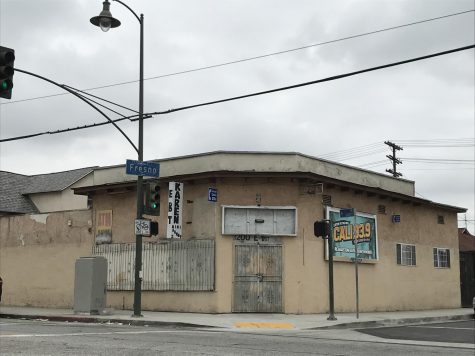
Theft of items worth $950 or less that are misdemeanors now would become felonies under Prop. 36, if the person committing the crime has two or more past convictions for certain theft crimes such as shoplifting, burglary, or carjacking.
Reported shoplifting incidents in California increased 28% in 2023 compared to 2019. And although commercial burglaries declined 9% in 2023, that’s still about 6% higher than pre-pandemic levels, according to the Public Policy Institute of California. Sentences would be lengthened based on the value of the stolen goods.
Jin, 74, said she was troubled that none of her attackers were caught.
“Police couldn’t do much with no evidence, but I’m okay now which is good,” she said.
Still, she really hopes Prop. 36 will pass. She was born in South Korea and is not a U.S. citizen yet, so she can’t vote but said she has been spreading the word to make sure others understand the importance of safe neighborhoods.
“I love it here. Koreatown is my home now for 40 years. It’s scary sometimes because when I close the store down for the day, I always see some person outside who’s sleeping here on the floor or drugs sitting on the bus stop or close by my store,” she said, adding that she never knows if there will be a repeat of the attack she faced years ago.
“It is time for California to make it good for us. I can not vote because I’m not a citizen but yes on Prop 36. It is good for us store owners and to keep us here to be safe and good,” Jin said.
Several residents in downtown L.A. echoed some of Jin’s comments about what feels to them, like increased crime in the area.
Dean Baringer, who has worked full-time as a security guard at Target for the past six years, said he likes that Prop. 36 includes rehabilitation for drug-related offenders.
“It’s hard to deal with both the crimes here and homeless people because most or some of the people that come inside steal our products and most of the people who are the thieves here are homeless and on drugs that need help,” he said. “At Target, it’s mostly junkies or homeless people who aren’t right in the head. Yeah, we do get the certain 20-year-old guy or group who try something but we kind of know and keep an eye inside the Target when we notice them right away. But most of the people are literally people who need help.”
As for the proposition, he said, “I think it’s a step in the right direction, you know? I mean, giving non-violent offenders a second chance and focusing more on rehabilitation rather than punishment but to a certain point whether they really wanna make a change in their own life. But it should be good, our current system can sometimes fail these people and nothing really ends up improving.”
“The reason I say we need to get them help first is because if we just keep them locked up in a system, they’ll just get out eventually and do the same things over and over,” he added.
He said what makes policies around crime and drugs so hard is that it’s tough to balance maintaining safe environments for resident while not going overboard on being too tough on crime but the measure seems to do both: “I understand that some people may be worried about the potential risks of releasing certain offenders back into the community. Safety is always a top priority, and we need to make sure that proper measures are in place to monitor and support these individuals as they reintegrate. It’s a delicate balance, for sure.”
“Overall, though, I believe that Prop 36 has the potential to make a positive impact and address some of the flaws in our current criminal justice system. It’s not a perfect solution, but it’s a start. And I think it’s important for us to continue evolving and finding better ways to address crime.”

